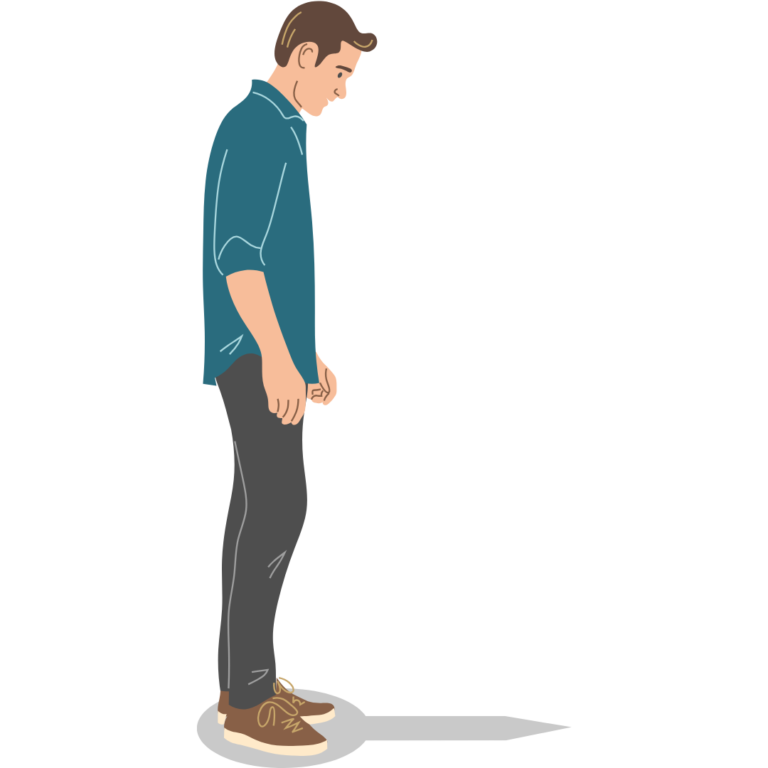I stared at the “Congratulations!” in complete shock. In April, I received an email inviting me to apply to Dartmouth Bound, a free fly-in program designed to give students a taste of daily college life at Dartmouth. I applied with zero confidence, thinking there was no way I would get in. So, when the acceptance letter arrived, I was stunned. After joining a group chat with other Bounders, I couldn’t help but feel intimidated by their impressive accomplishments, which seemed to dwarf my own. However, I was comforted when others admitted they were also experiencing the same feelings of inadequacy. We were all grappling with imposter syndrome, a psychological phenomenon where individuals doubt their abilities and achievements despite clear evidence of success. This article will explore why imposter syndrome is common among high achievers, its impact, and practical strategies to overcome it.
Understanding Imposter Syndrome
The term “imposter syndrome” was coined by Dr. Pauline Clance and Dr. Suzanne in the 1970s. They observed that their clients, who were high-achieving women including graduate students, medical students, and working professionals, experienced “an internal feeling of intellectual phoniness” and did not feel deserving of their accomplishments (“Imposter Syndrome – an Inner Sense of Phoniness – Is Common Among High Achievers”). This phenomenon comes with chronic self-doubt, attributing any success to luck, and an intense fear of being “found out”.
Who is Affected
While Dr. Clance and Dr. Imes initially observed imposter syndrome in high-achieving women, it is now understood that this phenomenon can affect anyone, regardless of gender, age, or professional background. However, imposter syndrome is particularly prevalent among high-achieving minorities and women.
Causes of Imposter Syndrome in Minorities and Women
Several factors contribute to the development of imposter syndrome in these groups. Seeing little to no representation of one’s identity in a given field can lower the feeling of belonging, making individuals feel like outsiders or imposters. Minorities and women are less likely to encounter mentors who look like them, which can result in a lack of guidance and support necessary for professional and personal growth. Experiences of racial or gender discrimination can further contribute to a sense of not belonging and can reinforce feelings of inadequacy and self-doubt. This can come in the form of microaggressions such as mistaking female doctors for nurses, tokenism, stereotyping background, questioning competence, and dismissive comments. These factors can deeply affect high-achieving students by reinforcing feelings of inadequacy and self-doubt.
Impact of Imposter Syndrome on Teens
Imposter syndrome can have significant negative effects on teens. Constantly doubting yourself and the pressure of striving to perform better can lead to increased stress and anxiety. Over time this can lead to depression and burnout. Burnout is constantly feeling overwhelmed, fatigued, and emotionally drained.
Imposter syndrome can negatively impact teens’ academic performance. It can lead to a fear of failure, which may result in procrastination as teens worry about not meeting expectations. This fear can also cause teens to shy away from challenges and opportunities they are capable of handling.
Strategies to Overcome Imposter Syndrome
One effective strategy that helped me recognize my worthiness of being accepted into the program was realizing that many of my peers also experienced feelings of self-doubt. Their shared experiences served as a reminder that my application was reviewed and defended by someone who believed in my abilities.
To overcome imposter syndrome you must first understand that these feelings are common and manageable is crucial. Then, challenge and reframe from negative self-talk. Practice positive affirmations and self-compassion to build a healthier mindset. Tell yourself that your achievements are no small feat. Also, reframe from downplaying any accomplishment or positive feedback you receive. You should also seek support from friends, family, or mentors and talk about your feelings of inadequacy.
Conclusion
High achievers frequently struggle with impostor syndrome, but with the right support and strategies, it is manageable. By recognizing and addressing these feelings, reframing negative thoughts, celebrating achievements, and seeking support teens can build confidence and self-assurance. Remember overcoming imposter syndrome is a journey, and it’s okay to ask for help along the way. Start putting these strategies into practice today to uncover imposter syndrome and realize your true potential.
Written By: Amari Bell, Mental H2O Youth Resource Writer
References
“Imposter Syndrome – an Inner Sense of Phoniness – Is Common Among High Achievers.” UCLA Health, 1 Sept. 2023,
www.uclahealth.org/news/article/feeling-like-fraud-imposter-syndrome-common-among- high.


